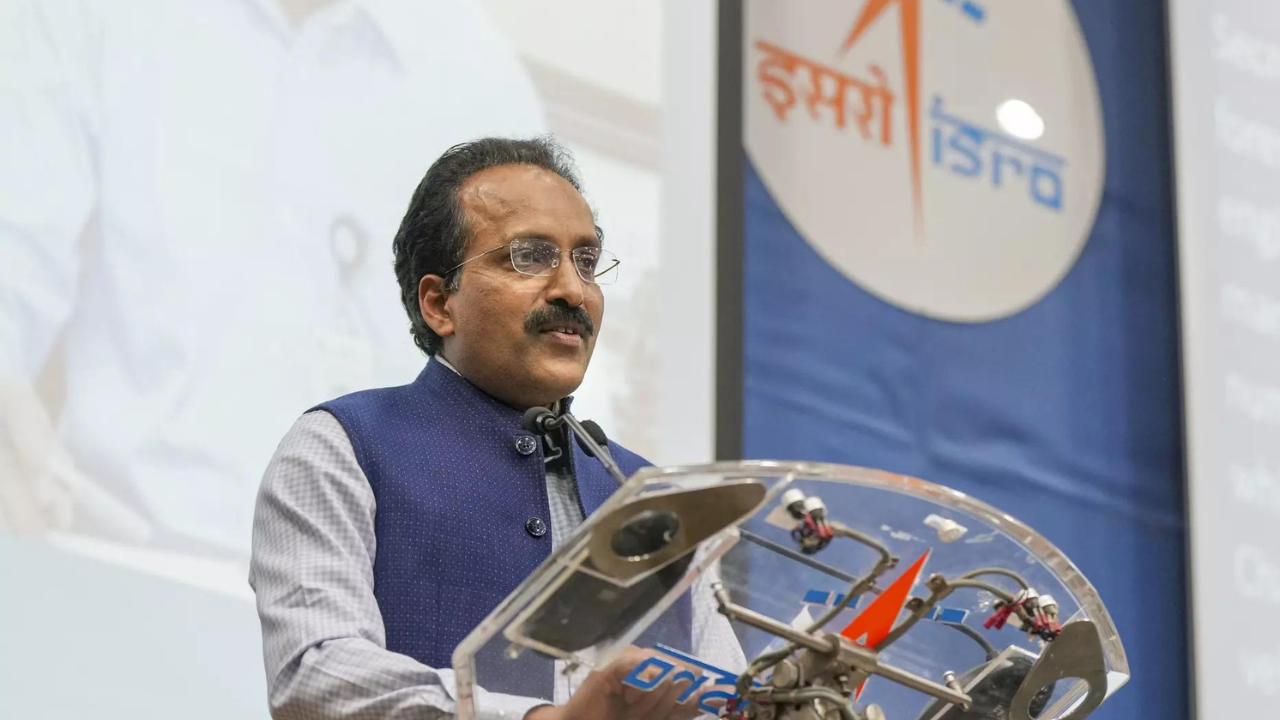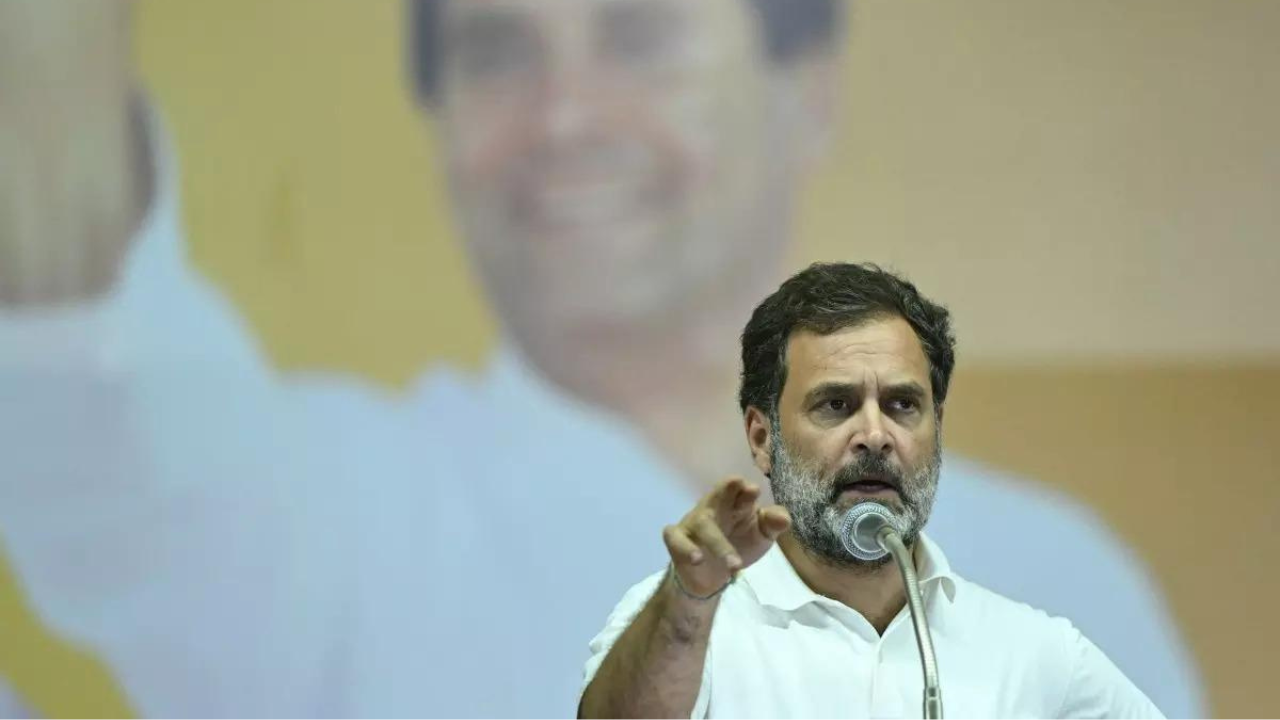Directive Principles of State Policy

The Directive Principles of State Policy (DPSP) are designed to secure socio-economic justice for all citizens and lay the foundation for India as a welfare state.
Recognizing the myriad challenges facing an independent India after nearly two centuries of colonial rule—including pervasive poverty, hunger, and entrenched socio-economic disparities—the framers of the Constitution understood the necessity of providing clear policy directives to address these issues and guide the nation's governance.
Directive Principles of State Policy (DPSP) are constitutional guidelines and principles laid down in Part IV (Article 36–51) of the Constitution of India. Here's a breakdown of their significance and objectives:
-
Constitutional Provisions:
- DPSP are enshrined in Part IV of the Indian Constitution, comprising Articles 36 to 51. Article 37 clarifies that the principles contained in this part are not enforceable by any court but are fundamental in the governance of the country.
-
Background:
- The concept of DPSP in the Indian Constitution draws inspiration from the Irish Constitution, which in turn was influenced by the Spanish Constitution. These principles also echo ideas from documents such as the Declaration of Rights of Man, Declarations of Independence by American colonies, and Gandhian concept of Sarvodaya. Similar guidelines were present in the Government of India Act of 1935.
-
Objectives:
- DPSP serve as guidelines for the legislatures, executives, and administrators to exercise their powers in accordance with socio-economic justice. They outline ideals that the Indian State should strive for, aiming at the welfare of its citizens.
- These principles lay down a code of conduct for the government to discharge its responsibilities while making laws and formulating policies, ensuring that governance aligns with the aspirations of the people.
- DPSP embody the philosophy of social justice and represent the ideals and objectives that the Union and State governments must consider while enacting laws and implementing policies.
-
Philosophy of Social Justice:
- DPSP encapsulate the philosophy of social justice ingrained in the Indian Constitution. While they are not legally binding in court, they are fundamental in guiding the governance of the country and serve as a framework for achieving a just and equitable society.
In essence, DPSP serve as a roadmap for the government to pursue policies and enact laws that promote the welfare of the people and establish a just and equitable society, reflecting the foundational principles of the Indian Constitution.
The Directive Principles of State Policy (DPSP) in the Indian Constitution are classified based on their ideological source and objectives. Here's a breakdown of the different categories of DPSP:
Based on Socialist Principles:
- Article 38: The state shall strive to promote the welfare of the people by ensuring social, economic, and political justice, and minimizing inequalities in income, status, facilities, and opportunities.
- Article 39: Focuses on securing adequate means of livelihood, organizing ownership and control of resources for the common good, avoiding concentration of wealth, ensuring equal pay for equal work, protecting workers' health, and preventing exploitation of children and youth.
- Article 41: Secures the right to work, education, and public assistance in case of unemployment, old age, sickness, and disability.
- Article 42: Provides for just and humane conditions of work and maternity relief.
- Article 43: Endeavors to secure a living wage and decent standard of life for all workers.
- Article 43A: Directs the state to facilitate workers' participation in the management of industries.
- Article 47: Aims to raise nutrition levels, improve public health, and prohibit consumption of intoxicating drinks and drugs.
Based on Gandhian Principles:
- Article 40: Calls for organizing village panchayats as units of self-government.
- Article 43: Endeavors to promote cottage industries in rural areas.
- Article 43B: Focuses on promoting cooperative societies with autonomous functioning and democratic control.
- Article 46: Aims to promote the educational and economic interests of weaker sections, particularly Scheduled Castes, Scheduled Tribes, and other backward classes.
- Article 48: Calls for prohibiting cow slaughter and improving breeds of cattle.
Based on Liberal Intellectual Principles:
- Article 44: Aims to secure a Uniform Civil Code for all citizens throughout the territory of India.
- Article 45: Focuses on providing early childhood care and education for children until they reach six years of age.
- Article 48: Calls for organizing agriculture and animal husbandry on modern and scientific lines.
- Article 48A: Aims to protect and improve the environment and safeguard forests and wildlife.
- Article 49: Directs the state to protect monuments and places of artistic or historic interest.
- Article 50: Calls for the separation of judiciary from the executive in the public services of the state.
- Article 51: Aims to establish international peace and security by maintaining just relations with nations, fostering respect for international law, and encouraging settlement of disputes through arbitration.
These DPSPs reflect the diverse ideological foundations and objectives laid down in the Indian Constitution, guiding the state in its policies and actions towards building a just and equitable society.
Several constitutional amendments have been made to modify or add to the Directive Principles of State Policy (DPSP) in the Indian Constitution. Here are some related amendments:
-
42nd Amendment of 1976:
- This significant amendment introduced changes to Part IV of the Constitution, adding new directive principles. These include:
- Article 39A: Providing free legal aid to the poor.
- Article 43A: Ensuring the participation of workers in the management of industries.
- Article 48A: Directing the state to protect and improve the environment.
- This significant amendment introduced changes to Part IV of the Constitution, adding new directive principles. These include:
-
44th Amendment of 1978:
- This amendment inserted a new provision into Article 38, Section 2, which declares that the state shall strive to minimize economic inequalities in income and eliminate inequalities in status, facilities, and opportunities among individuals and groups.
- Additionally, it eliminated the right to property from the list of fundamental rights, reclassifying it as a legal right.
-
86th Amendment Act of 2002:
- This amendment changed the subject matter of Article 45, making elementary education a fundamental right under Article 21A of the Constitution. This amendment aimed to ensure free and compulsory education for all children between the ages of 6 and 14 years.
These amendments reflect the evolving priorities and objectives of the Indian state in promoting social justice, economic equality, environmental protection, and education. They demonstrate the flexibility of the Indian Constitution to adapt to changing socio-economic conditions and uphold the welfare of its citizens.
Fundamental Rights (FRs) and Directive Principles of State Policy (DPSP) are both vital components of the Indian Constitution, but they differ in several key aspects:
-
Legally Binding:
- FRs are legally enforceable rights that individuals can appeal to the court if violated by the state or any other entity. In contrast, DPSP are non-justiciable principles, meaning they are not legally enforceable, and individuals cannot directly approach the courts if the government fails to implement them.
-
Nature:
- FRs are primarily negative or prohibitive in nature, as they impose limitations on the state's actions to safeguard individual liberties. Conversely, DPSP are affirmative in nature, as they lay down positive obligations and duties for the state to achieve certain social and economic objectives.
-
Role in Governance:
- FRs establish the framework for liberal political democracy in India by protecting the rights and freedoms of individuals from state interference. On the other hand, DPSP guide the state in the direction of creating a welfare state by promoting socio-economic equality and providing safeguards for weaker and vulnerable sections of society.
-
Enforcement Mechanism:
- FRs have a robust enforcement mechanism through judicial review, allowing individuals to challenge violations of their rights in court. In contrast, DPSP lack a direct enforcement mechanism, and their implementation depends on the discretion of the government and political will.
- FRs have a robust enforcement mechanism through judicial review, allowing individuals to challenge violations of their rights in court. In contrast, DPSP lack a direct enforcement mechanism, and their implementation depends on the discretion of the government and political will.
These landmark court judgments have significantly shaped the relationship between Fundamental Rights (FRs) and Directive Principles of State Policy (DPSP) in the Indian legal framework:
-
Champakam Dorairajan v. State of Madras (1951):
- This case established the precedence that in case of any conflict between FRs and DPSP, the former would prevail. The Supreme Court ruled that DPSP must conform to and be subsidiary to FRs. It also affirmed that FRs could be amended by Parliament through Constitutional Amendment Acts.
-
Golaknath v. State of Punjab (1967):
- The Supreme Court's decision in this case declared that FRs could not be amended by Parliament, even for the implementation of DPSP. This judgment emphasized the supreme nature of FRs and limited the amending power of Parliament in relation to FRs.
-
Kesavananda Bharati v. State of Kerala (1973):
- This landmark case introduced the doctrine of the basic structure of the Constitution. The Supreme Court held that while Parliament has the power to amend any part of the Constitution, it cannot alter its basic structure. This decision curtailed Parliament's authority to amend FRs and other fundamental aspects of the Constitution.
-
Minerva Mills v. Union of India (1980):
- In this case, the Supreme Court reiterated the doctrine of the basic structure and affirmed that Parliament can amend any part of the Constitution, but it cannot change its basic structure. This judgment reinforced the limitations on Parliament's power to amend FRs and other fundamental aspects of the Constitution.
The Directive Principles of State Policy (DPSP) have been translated into various Acts and Amendments aimed at achieving socio-economic justice and improving the overall welfare of the citizens. Here are some key Acts and Amendments associated with DPSP:
-
Land Reforms:
- Various state governments have enacted land reform laws to address agrarian issues and improve rural conditions. These include abolition of intermediaries, tenancy reforms, imposition of land ceilings, distribution of surplus land, and promotion of cooperative farming.
-
Labour Reforms:
- Acts such as the Minimum Wages Act (1948), Contract Labour Regulation and Abolition Act (1970), Child Labour Prohibition and Regulation Act (1986), and Bonded Labour System Abolition Act (1976) have been enacted to protect the interests of laborers and ensure fair treatment in the workplace.
-
Panchayati Raj System:
- The 73rd Constitutional Amendment Act (1992) introduced a three-tier Panchayati Raj system at the village, block, and district levels, fulfilling the constitutional mandate outlined in Article 40.
-
Cottage Industries:
- Various boards and commissions, such as the Khadi and Village Industries Commission, have been established to promote cottage industries as per Article 43, providing financial and marketing assistance to small-scale enterprises.
-
Education:
- The 86th Constitutional Amendment Act (2002) introduced the Right to Education as a fundamental right for children aged 6 to 14 years, in accordance with Article 45.
-
Rural Area Development:
- Programs like the Community Development Programme, Integrated Rural Development Programme, and Mahatma Gandhi National Rural Employment Guarantee Act (MGNREGA) aim to improve living standards, particularly in rural areas, as per Article 47.
-
Health:
- Central government-sponsored schemes like the Pradhan Mantri Gram Swasthya Yojana (PMGSY) and National Rural Health Mission (NRHM) address healthcare needs in line with the social sector responsibility outlined in DPSP.
-
Environment:
- Acts such as the Wildlife (Protection) Act (1972), Forest (Conservation) Act (1980), and Environment (Protection) Act (1986) safeguard wildlife, forests, and the environment, as stated in DPSP.
-
Heritage Preservation:
- Legislation like the Ancient and Historical Monuments and Archaeological Sites and Remains Act (1958) protects national monuments and heritage sites, in line with DPSP objectives.
These Acts and Amendments reflect the government's commitment to implementing the principles outlined in DPSP and achieving socio-economic justice for all citizens.













